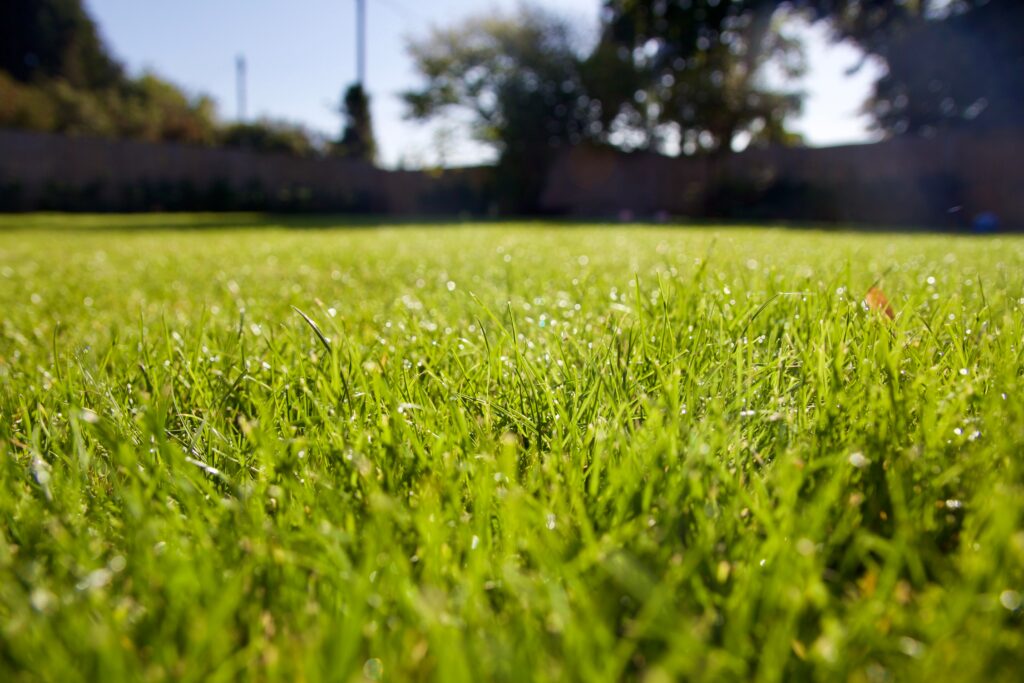
Fertilization
Sometimes water and sunlight aren’t enough to keep your lawn looking its best. If you notice dead patches, slow-growing grass, or yellowing blades, the culprit is likely a nutrient deficiency.

Sometimes water and sunlight aren’t enough to keep your lawn looking its best. If you notice dead patches, slow-growing grass, or yellowing blades, the culprit is likely a nutrient deficiency.
Lawn fertilization is a crucial aspect of maintaining a healthy lawn. Fertilizers contain essential nutrients like nitrogen, phosphorus, and potassium, which nourish the grass and promote healthy growth. Nitrogen, for example, helps with the development of strong and vibrant blades of grass, while phosphorus aids in root growth and seedling development. Potassium, on the other hand, promotes stress tolerance and helps the blades of grass resist diseases and pests. Regular fertilization, at the right time and in adequate amounts, ensures that the lawn receives the necessary nutrients to withstand various environmental stressors, allowing it to grow densely and maintain its lush, green appearance. In summary, fertilization is essential to promote vibrant growth and the overall health of lawns.
Lawn fertilization strengthens a lawn by providing essential nutrients that are crucial for growth, development, and overall health. Fertilizers contain three primary nutrients: nitrogen, phosphorus, and potassium. Nitrogen is essential for leaf and stem growth, phosphorus is necessary for root development, and potassium provides overall strength and helps the lawn withstand stress. Regular fertilization also improves the density of the turf and helps the lawn fight off weeds and diseases. However, it is essential to apply fertilizers properly to avoid overfertilization, which can damage the lawn, and ensure that the nutrients are used efficiently. Fertilization, along with proper watering, mowing, and maintenance, is crucial for maintaining a lush, healthy, and beautiful lawn.
Lawn fertilization promotes water retention as it assists in enhancing the health and growth of roots. When the roots of the grass are healthy and strong, they can absorb water and nutrients more efficiently, reducing the chance of water runoff. Fertilizer also enhances the composition of the soil, improving the soil structure and increasing the water-holding capacity of the soil. A lawn that has been properly fertilized will also have thicker and denser grass, which provides a natural barrier against water evaporation from the soil. Therefore, regular lawn fertilization can improve water retention, leading to a healthier and more drought-resistant lawn.
© 2025PeachStateTurfCare. All Rights Reserved.